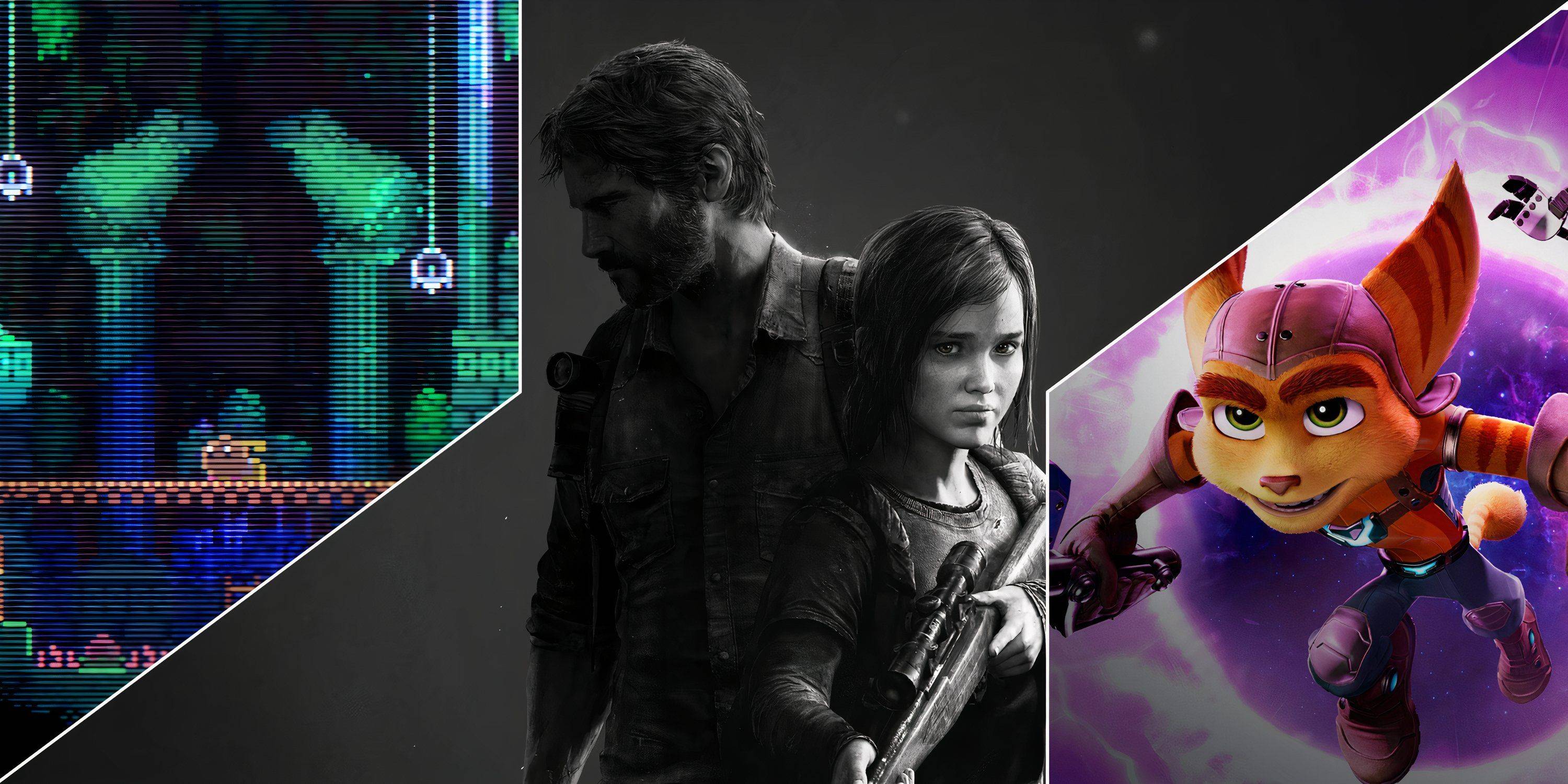The age-old debate between PlayStation and Xbox has been a cornerstone of the video game world for decades. Whether you've sparked discussions on Reddit, created a viral TikTok video, or engaged in passionate debates with friends, you've likely weighed in on this topic. While PC and Nintendo fans have their loyal followings, the rivalry between Sony and Microsoft has shaped much of the last two decades of gaming. However, with the rapid evolution of the gaming industry, the question arises: is the 'console war' still relevant? The landscape has transformed significantly, influenced by the surge in handheld gaming and the tech-savviness of younger generations. The battlefield has changed, but has a clear winner emerged? The answer might surprise you.
The video game industry has grown into a financial powerhouse, with global revenue soaring from $285 billion in 2019 to $475 billion in 2023. This figure surpasses the combined earnings of the global movie and music industries, which totaled $308 billion and $28.6 billion respectively in 2023. Projections indicate that by 2029, the video game market will reach nearly $700 billion, a stark contrast to its humble beginnings with games like Pong.
This growth has attracted Hollywood stars like Mads Mikkelsen, Keanu Reeves, Jon Bernthal, and Willem Dafoe to the gaming scene, highlighting the industry's shift in perception. Disney, recognizing this trend, has invested $1.5 billion in Epic Games, signaling its commitment to the gaming sector. Yet, amidst this rising tide, Microsoft's Xbox division seems to be struggling.
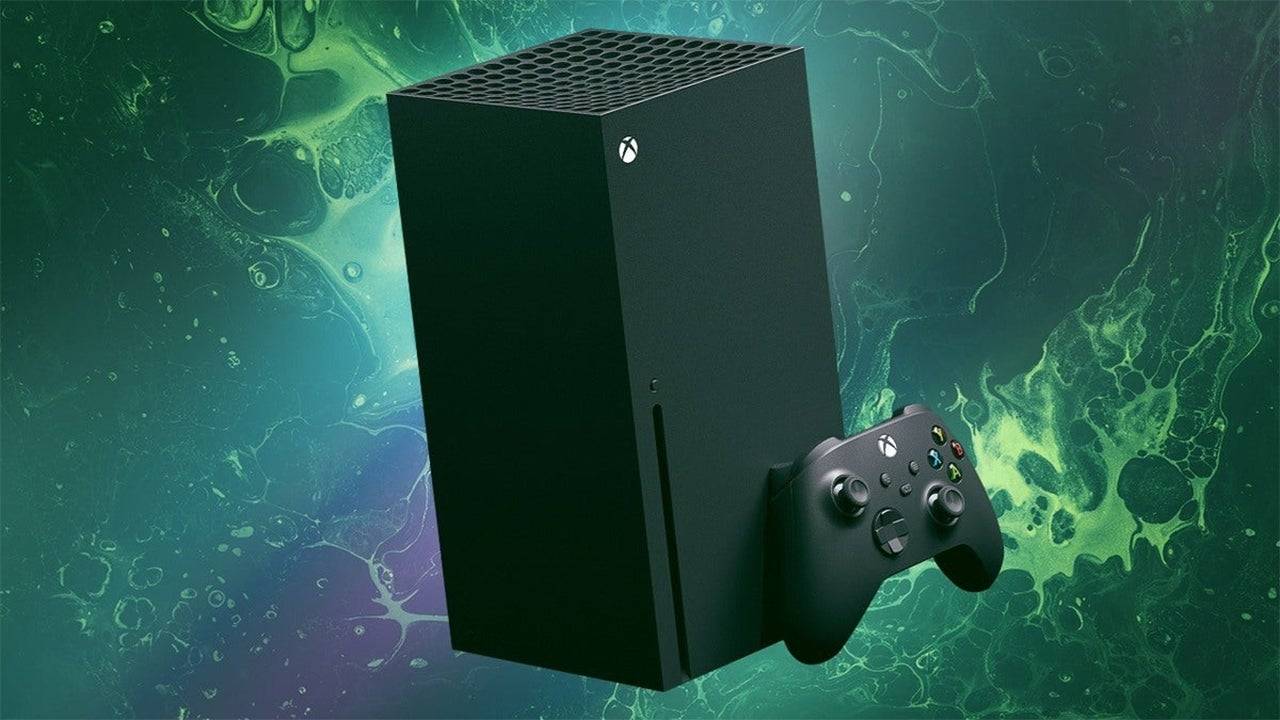
The Xbox Series X and S were designed to surpass the Xbox One in every aspect. However, the Xbox One has outsold the Series X/S by nearly double. Analyst Mat Piscatella from Circana suggests that the current console generation may have passed its peak sales period, casting a shadow over Xbox's future. In 2024, the Xbox Series X/S sold less than 2.5 million units throughout the year, while the PlayStation 5 achieved the same sales figure in just the first quarter. Rumors of Xbox possibly exiting the physical retail game market and pulling out of the EMEA region only add to the concerns. If Xbox was indeed engaged in a 'console war,' these signs suggest a strategic retreat.
Microsoft, however, has not merely retreated; it has surrendered. During the Activision-Blizzard acquisition, Microsoft admitted that it never believed it could win the console war. With the Xbox Series X/S struggling and Microsoft acknowledging its limitations, the company is shifting away from traditional console manufacturing.
Xbox Game Pass has become a focal point for Microsoft, with leaked documents revealing hefty investments to bring major titles like Grand Theft Auto 5 and Star Wars Jedi: Survivor to the service. Microsoft's 'This Is An Xbox' campaign emphasizes a shift from a hardware-focused brand to a service-oriented one, accessible anytime, anywhere. This redefinition hints at Xbox's future, potentially including a handheld device, as suggested by leaked documents from the Activision-Blizzard deal.

Microsoft's pivot is driven by the dominance of mobile gaming. In 2024, out of 3.3 billion gamers worldwide, 1.93 billion play on mobile devices. Mobile gaming's market valuation reached $92.5 billion in 2024, half of the total video game industry's $184.3 billion, while console gaming accounted for just $50.3 billion. This trend has been evident since 2013, with mobile games like Puzzle & Dragon and Candy Crush Saga outperforming traditional console giants like GTA 5. The 2010s saw mobile titles like Crossfire and Clash of Clans becoming top earners, showcasing the shift in gaming preferences across all generations, especially Gen Z and Gen Alpha.
PC gaming has also seen significant growth, with an increase from 1.31 billion players in 2014 to 1.86 billion in 2024, partly due to the COVID-19 pandemic. Despite this, the gap between console and PC gaming has widened from $2.3 billion in 2016 to $9 billion in 2024, suggesting a decline in PC gaming's market share.
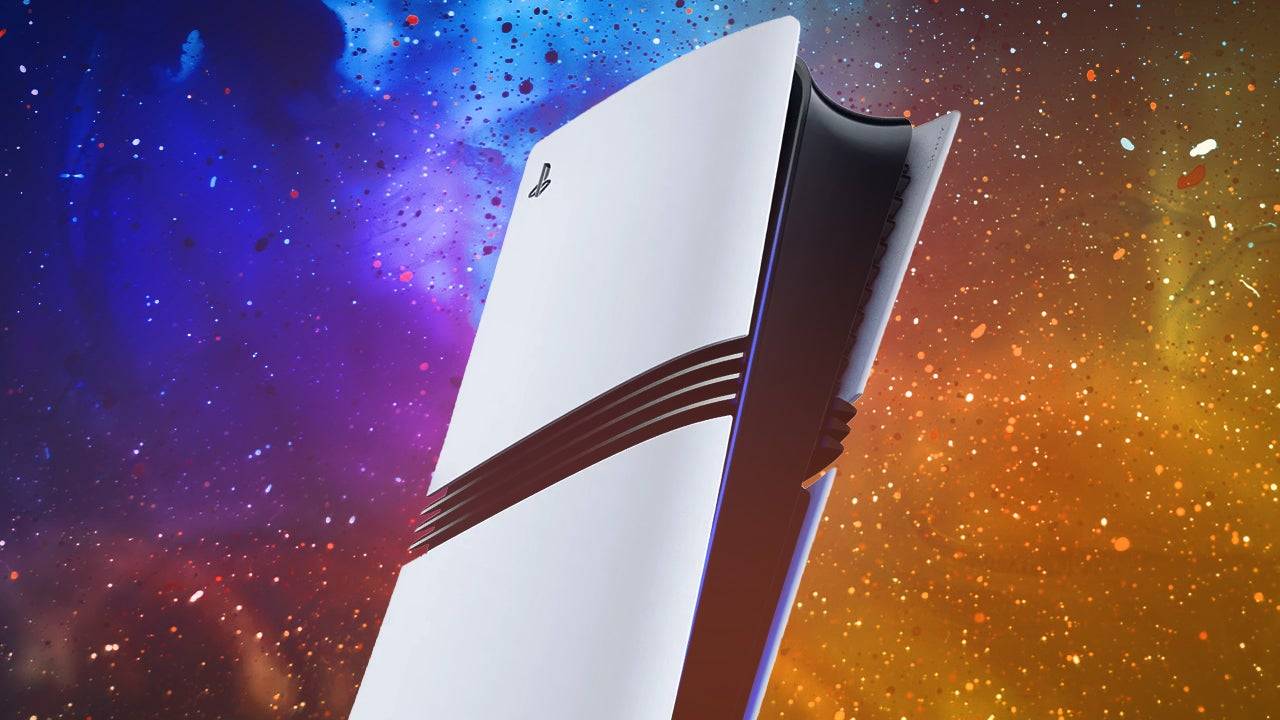
On the other side of the 'console war,' Sony's PlayStation 5 has sold 65 million units, far outpacing the Xbox Series X/S's 29.7 million. Sony's Game and Network Services reported a 12.3% profit increase, driven by strong sales of first-party titles like Astro Bot and Ghost of Tsushima Director's Cut. Projections suggest Sony will sell 106.9 million PS5 units by 2029, while Microsoft expects to reach 56-59 million for the Xbox Series X/S by 2027. With Xbox titles potentially coming to PlayStation and other platforms, Sony appears to be the current leader in the console market.
However, the PS5's success is tempered by the fact that 50% of PlayStation users still play on PS4s. Only one PS5-exclusive game, Marvel’s Spider-Man 2, made it into the top 20 best-selling games in the U.S. in 2024. The PS5 Pro, priced at $700, received mixed reviews, with many feeling the upgrade came too early in the console's lifecycle. The true test for the PS5 will come with the release of Grand Theft Auto 6 later this year, which is expected to showcase the console's capabilities.
So, who won the console war? Microsoft seems to have conceded defeat, while Sony's PS5, despite its successes, has yet to fully justify its price with exclusive content. The real winners appear to be those who opted out of the traditional console race. Mobile gaming is poised to continue its ascent, with companies like Tencent making significant moves into the console space. The next phase of gaming will likely be defined by cloud gaming and the expansion of mobile gaming, suggesting that the 'console war' has given way to a new era of gaming dominated by accessibility and versatility.
 Home
Home  Navigation
Navigation






 Latest Articles
Latest Articles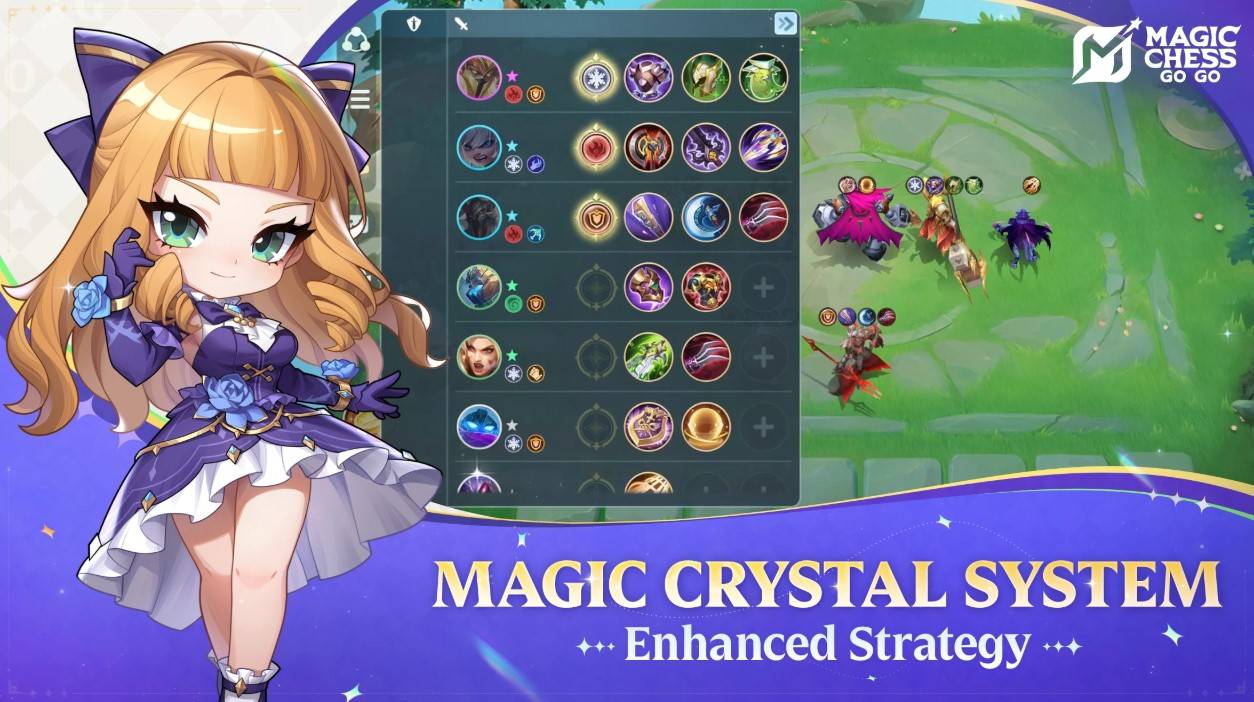
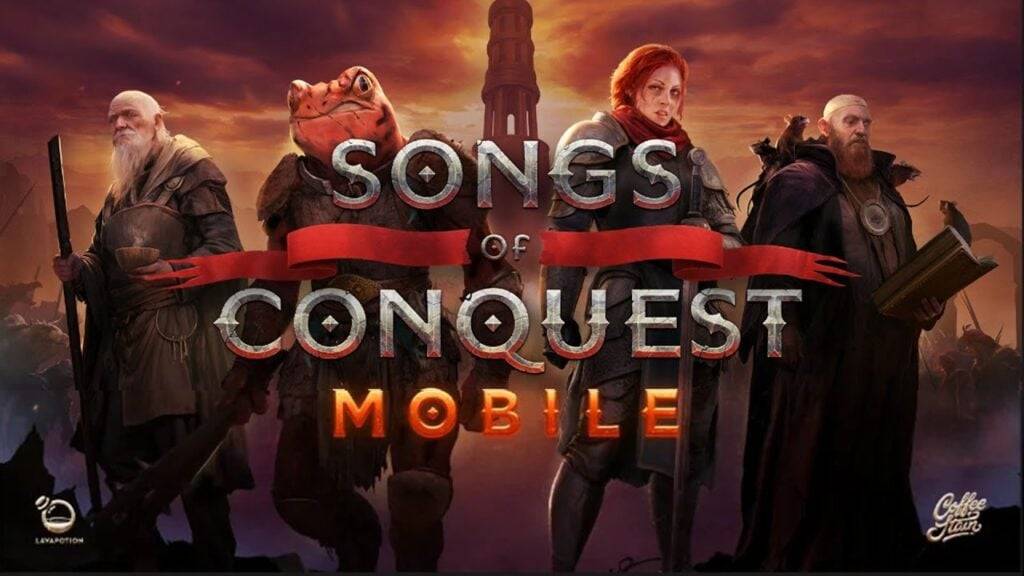








 Latest Games
Latest Games




![Chubby Story [v1.4.2] (Localizations)](https://imgs.xddxz.com/uploads/85/1719638042667f981a5e9f8.jpg)

![Zia – New Version 0.4 [Studio Zia]](https://imgs.xddxz.com/uploads/47/1719569268667e8b74e6004.jpg)



